The body uses folate to make and repair DNA (deoxyribonucleic acid), the molecules that contain our genetic code. When any cell divides, DNA is needed to make a copy of itself, and folate is an essential part of this important process.
Each cell in our body requires folate for normal growth, division and proper functioning. However, fast dividing cells, such as immune cells and red blood cells are heavily dependent on folate availability.
Sufficient intake of folate during conception and pregnancy helps prevent neural tube defects (i.e., a serious birth defect of the brain and spinal cord). Some studies suggest that folic acid supplementation can lower the risk of preterm birth and congenital heart defects.2


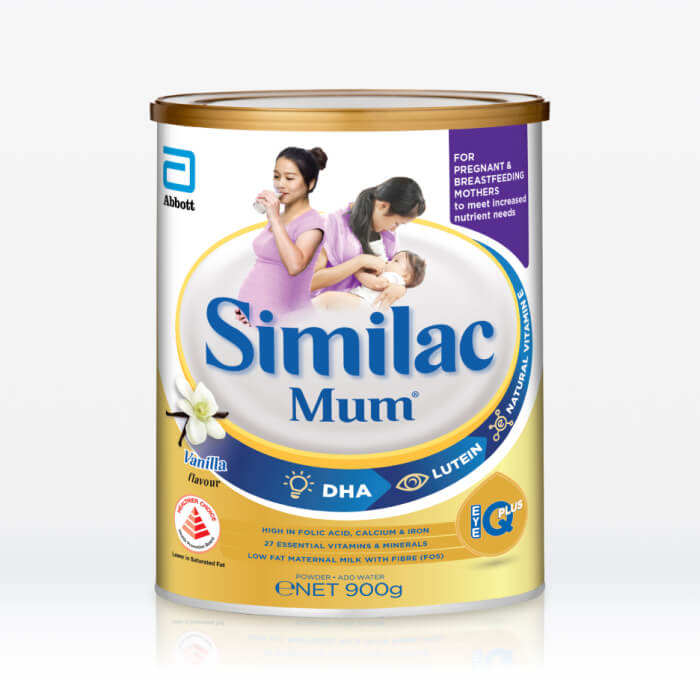
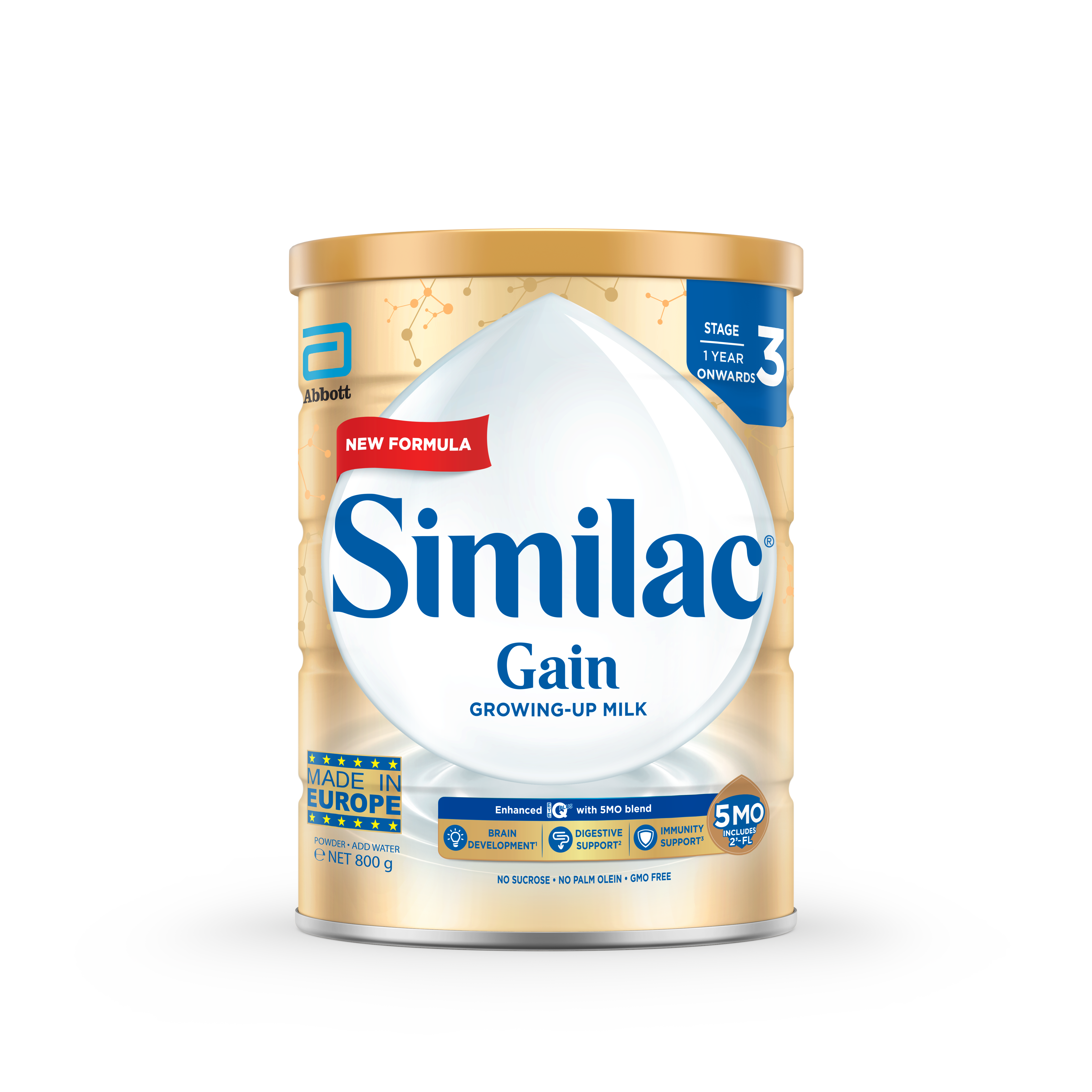
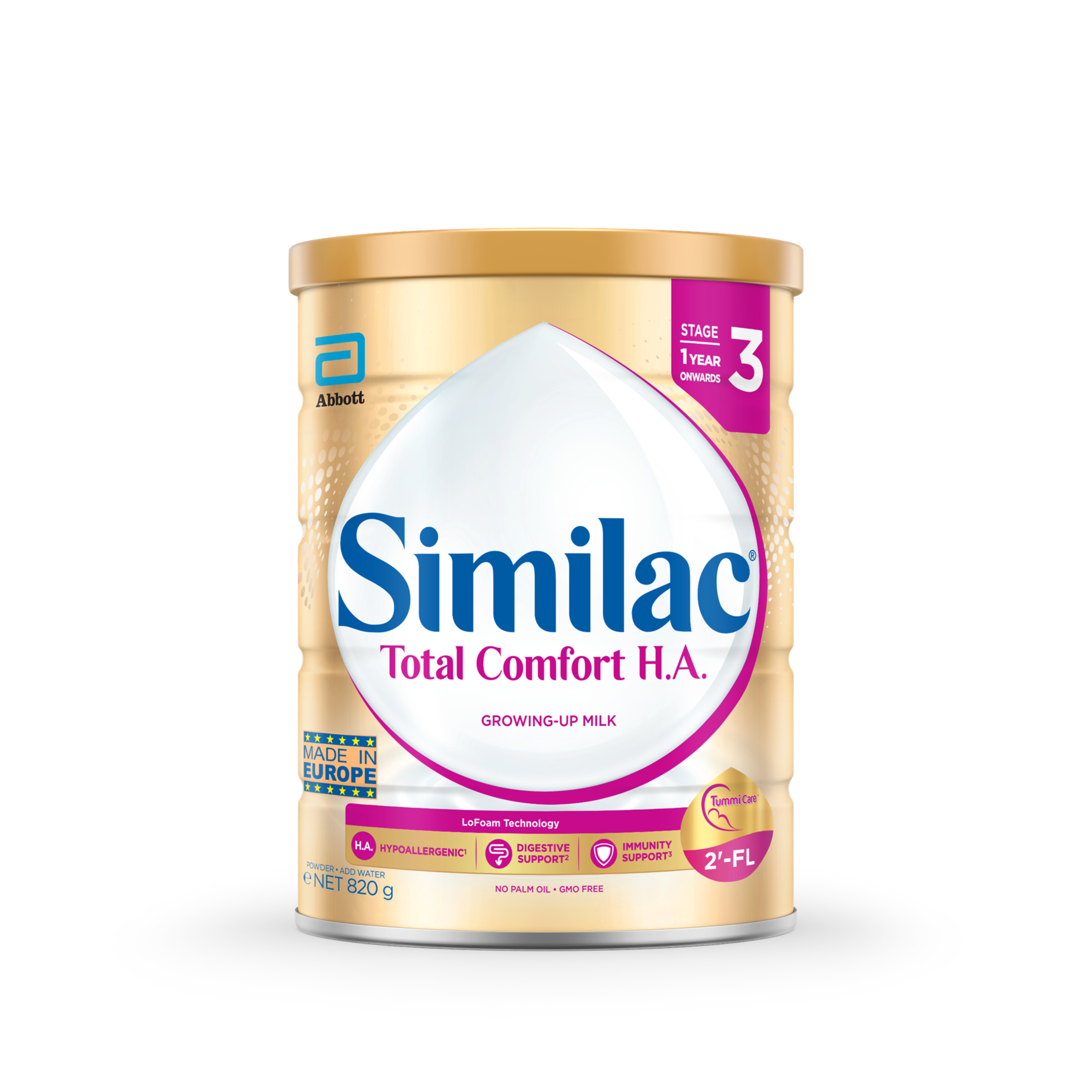
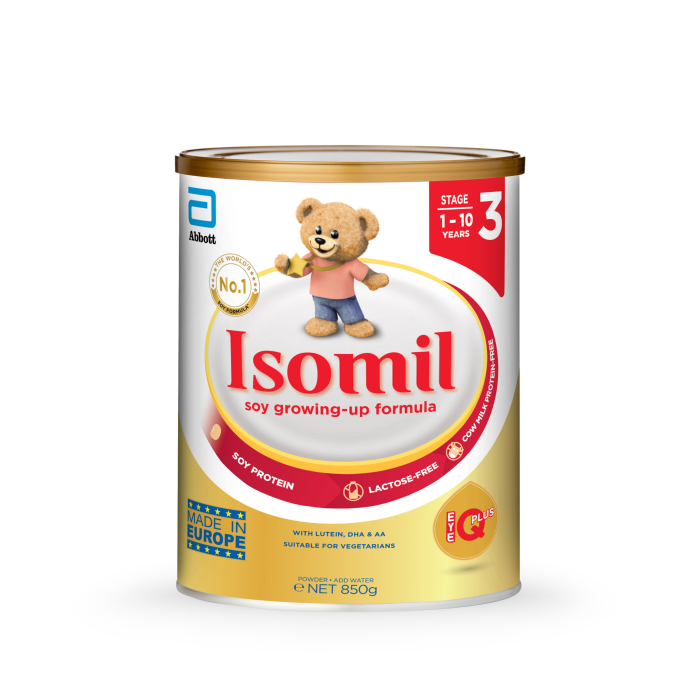
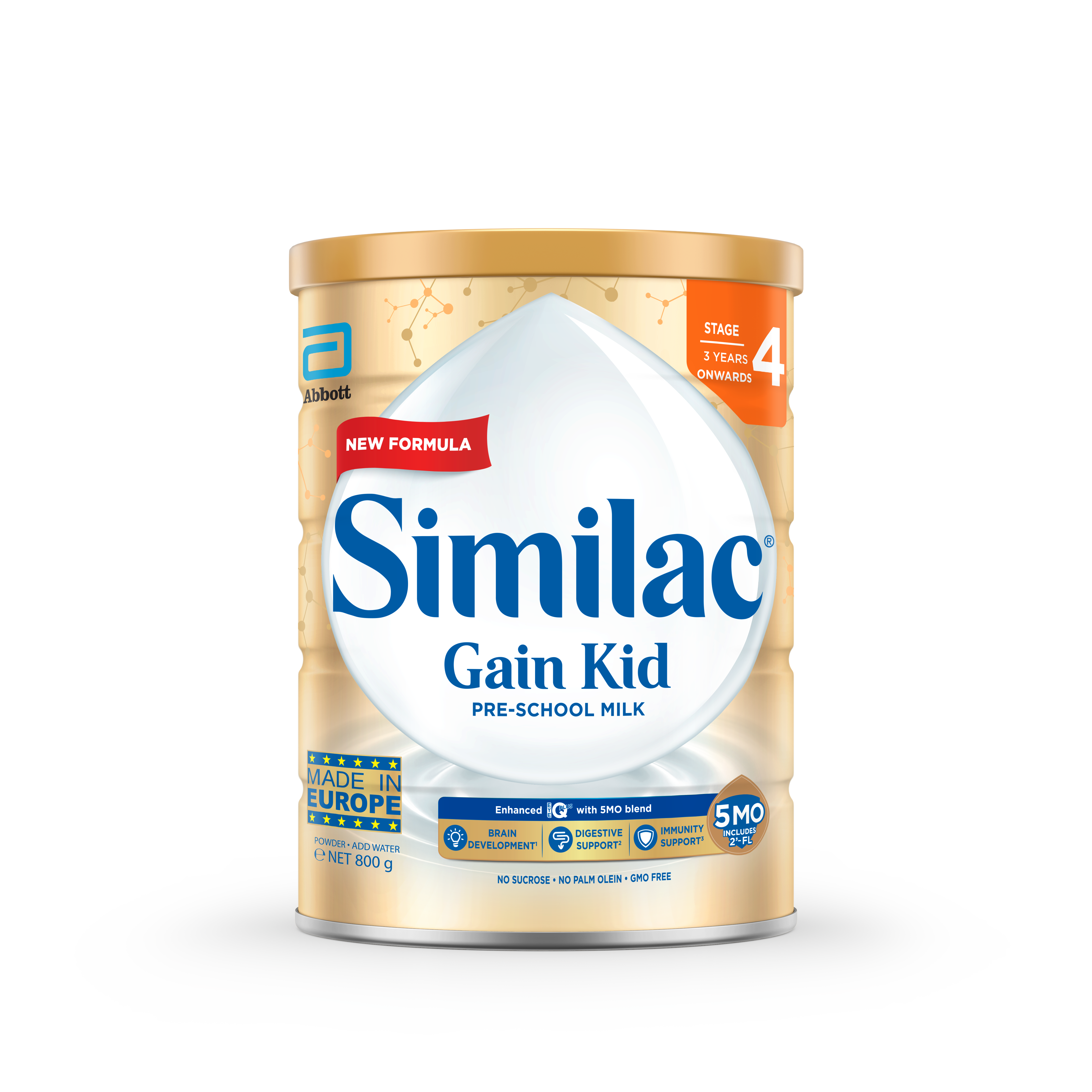
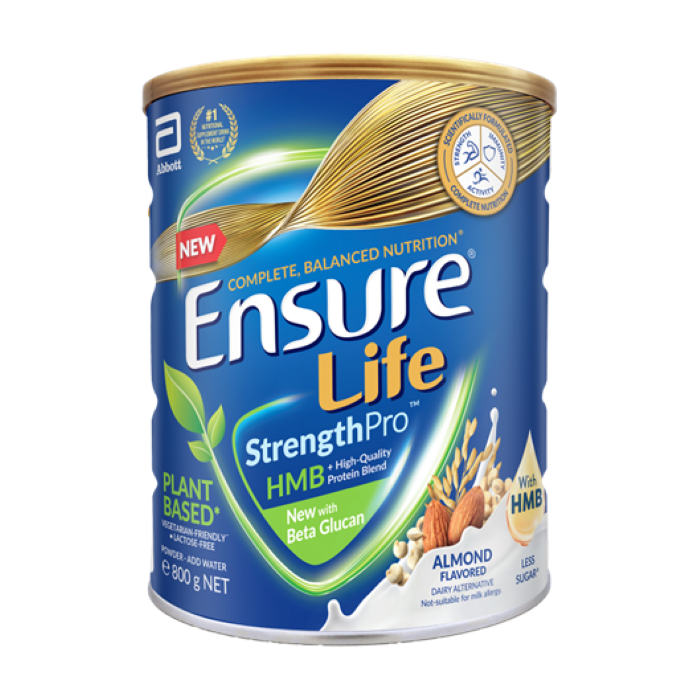
.jpg)
.jpg)
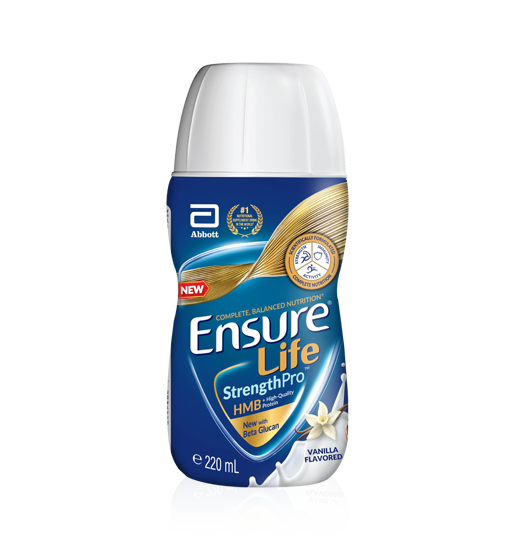
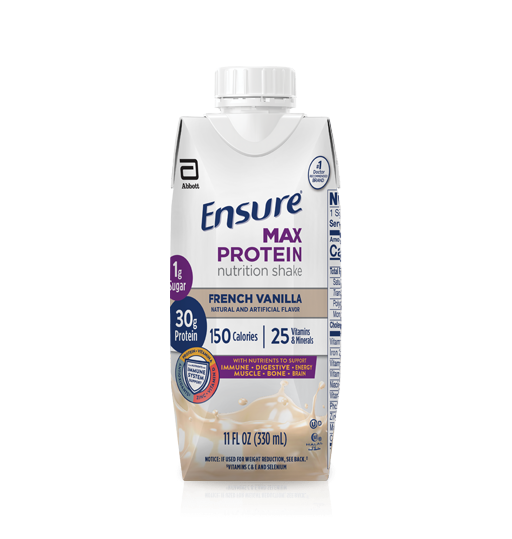
.jpg)
.jpg)
.jpg)
.jpg)
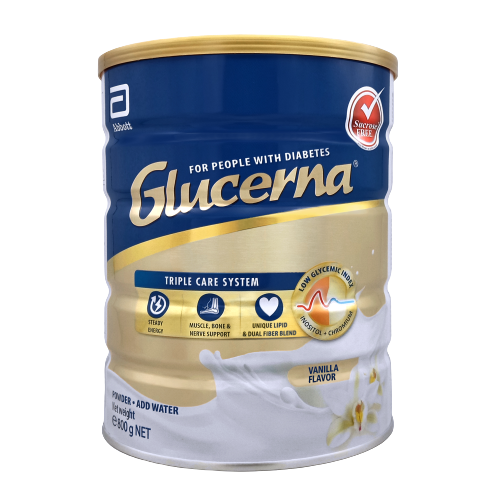
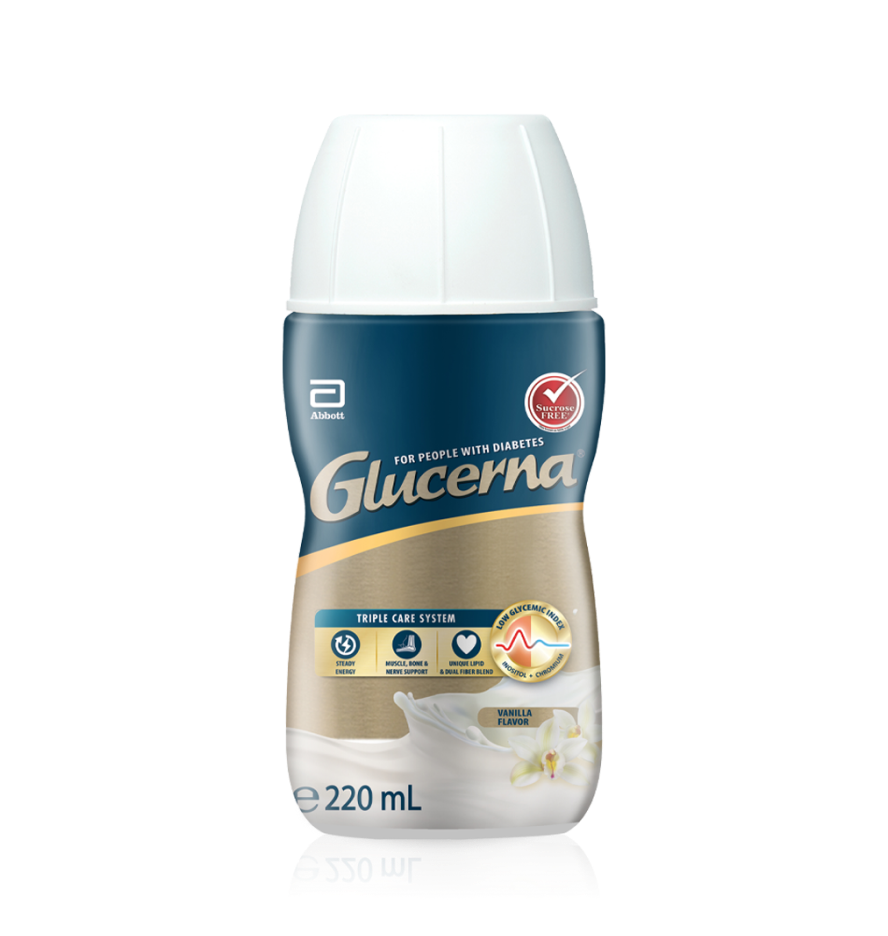
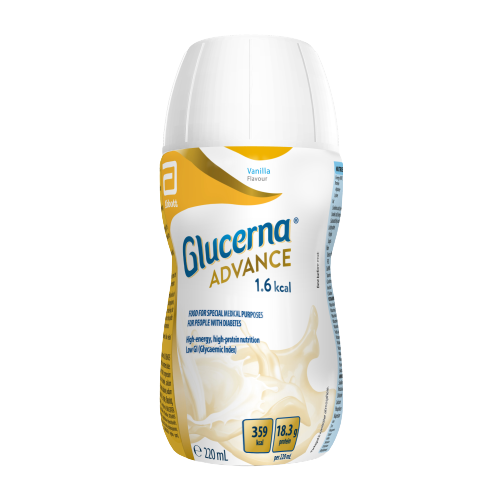
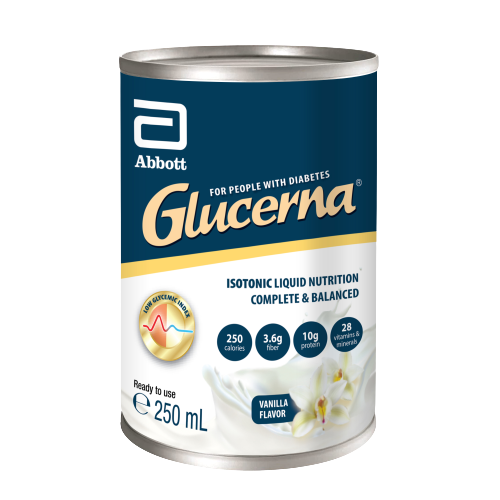
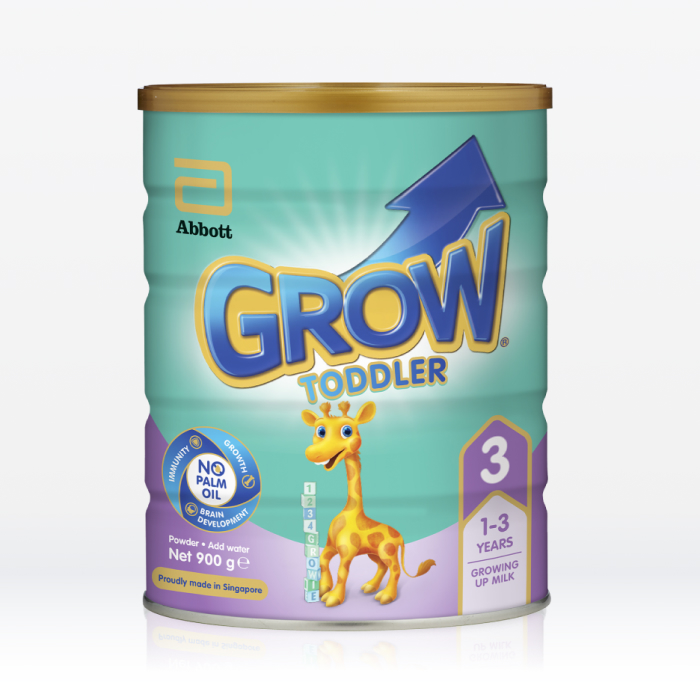
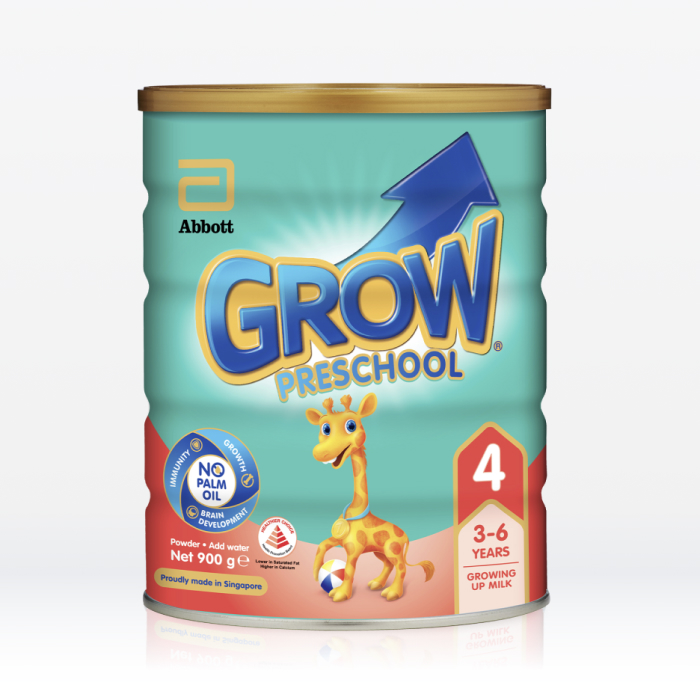
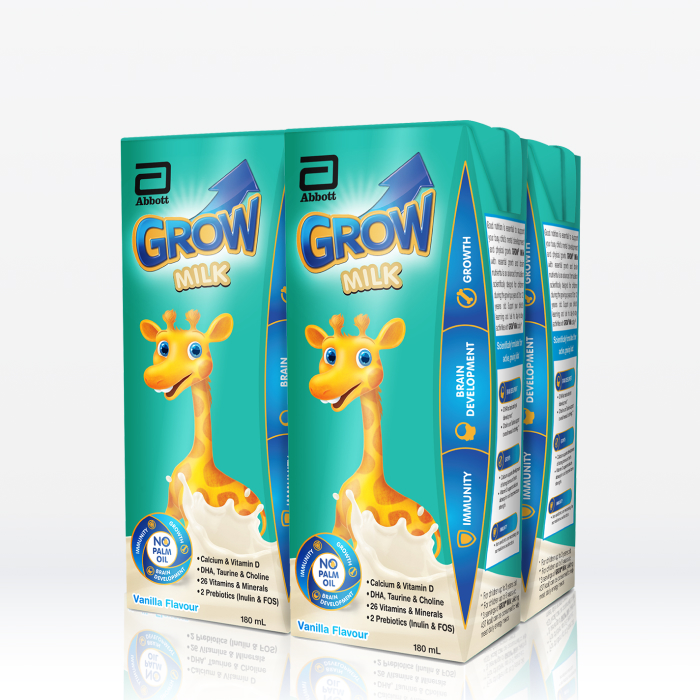

.jpeg)

STAY CONNECTED